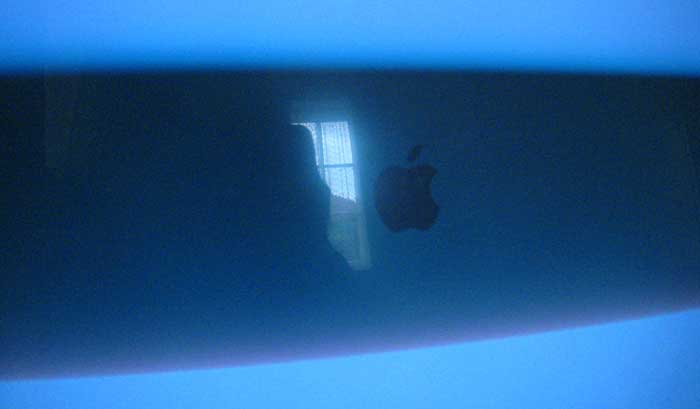(And who makes most money from it?) There’s a fascinating article by Hal Varian in today’s New York Times summarising the findings of a detailed investigation by three University of California (Irvine) researchers into the making of the iPod. Excerpt:
the researchers examined the major components of the iPod and tried to calculate the value added at different stages of the production process and then assigned that value added to the country where the value was created. This isn’t an easy task, but even based on their initial examination, it is quite clear that the largest share of the value added in the iPod goes to enterprises in the United States, particularly for units sold here.
The researchers estimated that $163 of the iPod’s $299 retail value in the United States was captured by American companies and workers, breaking it down to $75 for distribution and retail costs, $80 to Apple, and $8 to various domestic component makers. Japan contributed about $26 to the value added (mostly via the Toshiba disk drive), while Korea contributed less than $1.
The unaccounted-for parts and labor costs involved in making the iPod came to about $110. The authors hope to assign those labor costs to the appropriate countries, but as the hard drive example illustrates, that’s not so easy to do.
This value added calculation illustrates the futility of summarizing such a complex manufacturing process by using conventional trade statistics. Even though Chinese workers contribute only about 1 percent of the value of the iPod, the export of a finished iPod to the United States directly contributes about $150 to our bilateral trade deficit with the Chinese.
Ultimately, there is no simple answer to who makes the iPod or where it is made. The iPod, like many other products, is made in several countries by dozens of companies, with each stage of production contributing a different amount to the final value.
The real value of the iPod doesn’t lie in its parts or even in putting those parts together. The bulk of the iPod’s value is in the conception and design of the iPod. That is why Apple gets $80 for each of these video iPods it sells, which is by far the largest piece of value added in the entire supply chain.
Those clever folks at Apple figured out how to combine 451 mostly generic parts into a valuable product. They may not make the iPod, but they created it. In the end, that’s what really matters.
The full research report is available as a pdf from here




